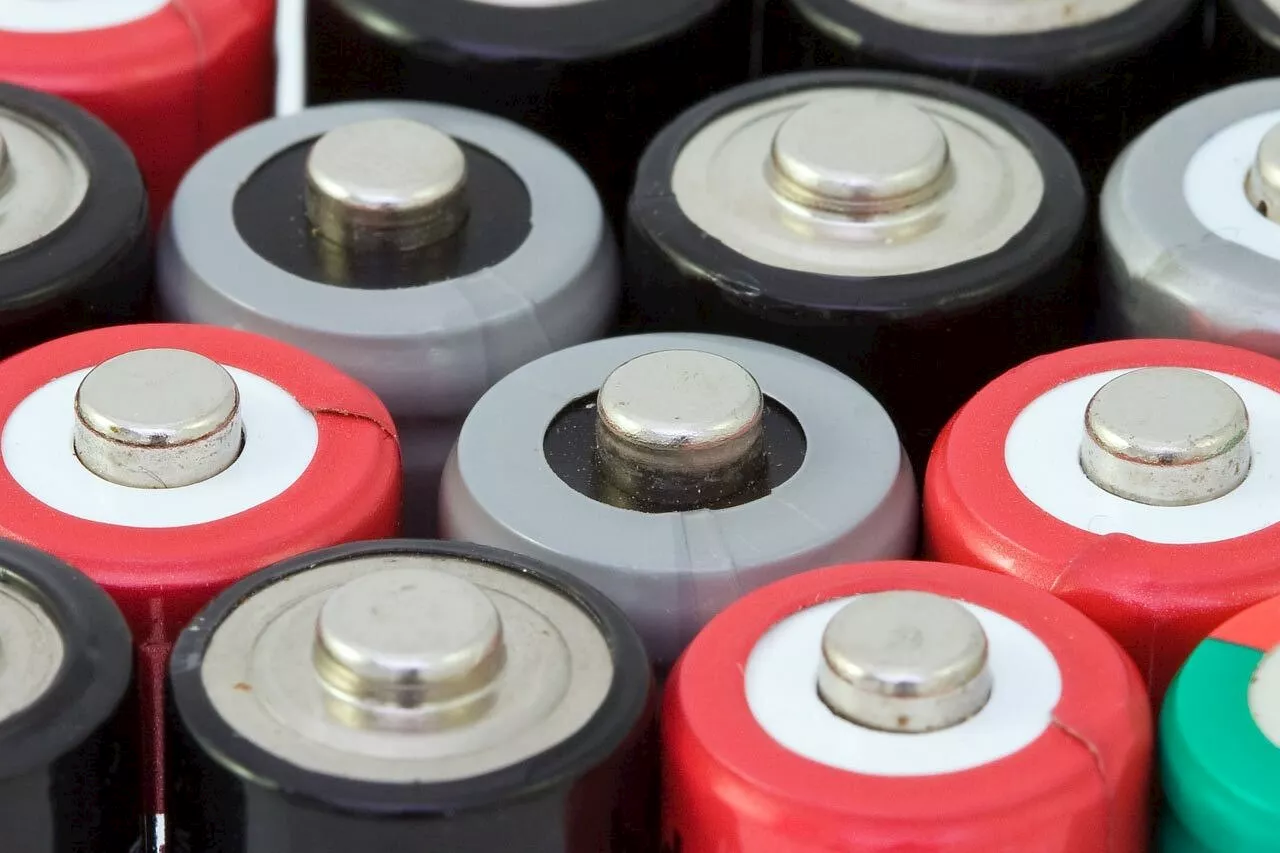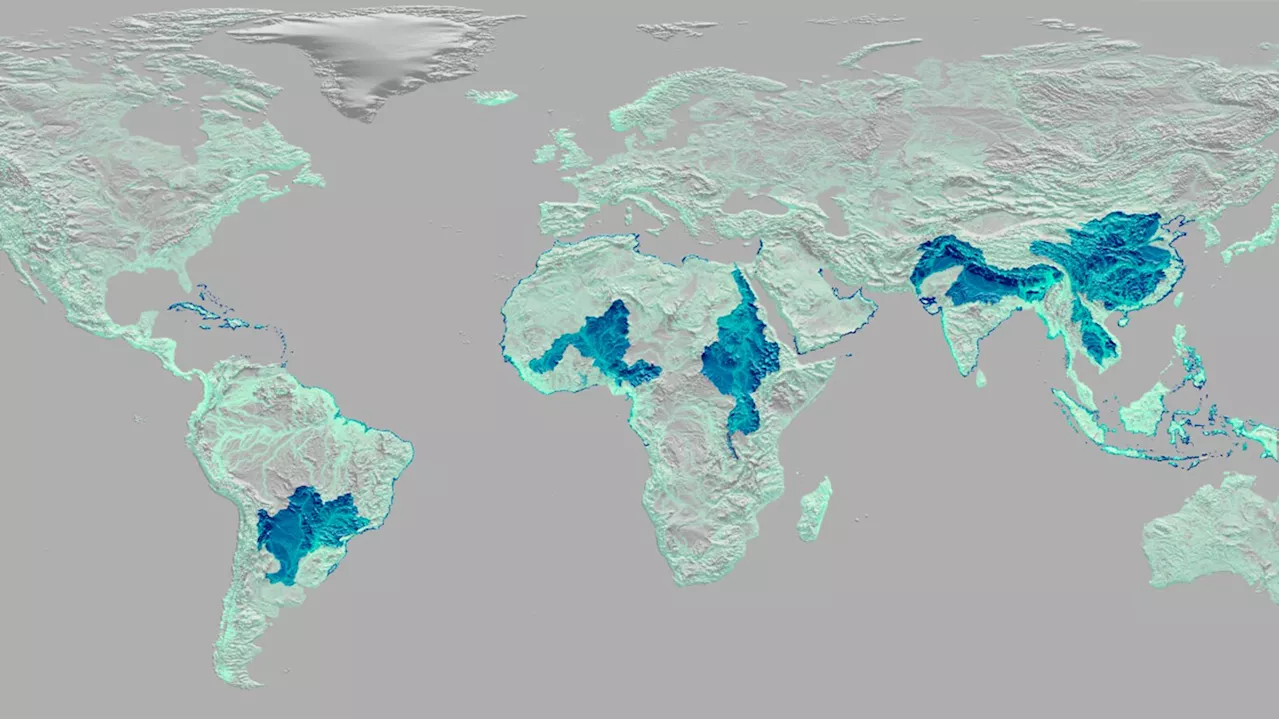A new study describes a chemical reaction that can convert Styrofoam into a high-value conducting polymer known as PEDOT:PSS. Researchers also noted that the upgraded plastic waste can be successfully incorporated into functional electronic devices, including silicon-based hybrid solar cells and organic electrochemical transistors.
University of Delaware and Argonne National Laboratory have come up with a chemical reaction that can convert Styrofoam into a high-value conducting polymer known as PEDOT:PSS. In a new paper published inthe study demonstrates how upgraded plastic waste can be successfully incorporated into functional electronic devices, including silicon-based hybrid solar cells and organic electrochemical transistors.
In this paper, the researchers wanted to find something in the middle:"A reagent that is efficient enough to get really high degrees of functionalization but that doesn't mess up your polymer chain," Kayser explained. The researchers were able to find reaction conditions that resulted in high polymer sulfonation, minimal defects and high efficiency, all while using a mild sulfonating agent. And because the researchers were able to use polystyrene, specifically waste Styrofoam, as a starting material, their method also represents an efficient way to convert plastic waste into PEDOT:PSS.
One unexpected finding related to the chemistry, the researchers added, is the ability to use stoichiometric ratios during the reaction.
Electronics Chemistry Engineering And Construction Environmental Science Recycling And Waste Energy And The Environment Hazardous Waste
United States Latest News, United States Headlines
Similar News:You can also read news stories similar to this one that we have collected from other news sources.
 Study shows how waste Styrofoam can be transformed into polymers for electronicsA new study conducted by researchers from the University of Delaware and Argonne National Laboratory describes a chemical reaction that can convert Styrofoam into a high-value conducting polymer known as PEDOT:PSS.
Study shows how waste Styrofoam can be transformed into polymers for electronicsA new study conducted by researchers from the University of Delaware and Argonne National Laboratory describes a chemical reaction that can convert Styrofoam into a high-value conducting polymer known as PEDOT:PSS.
Read more »
 Oceanside restaurants embrace Styrofoam ban with compostable alternativesThe ban on polystyrene or Styrofoam is part of the city's Marine Debris Reduction Ordinance.
Oceanside restaurants embrace Styrofoam ban with compostable alternativesThe ban on polystyrene or Styrofoam is part of the city's Marine Debris Reduction Ordinance.
Read more »
 70% of households with children regularly waste food, finds Spanish studySeven out of ten Spanish households regularly waste food, according to a recent study by the Institute of Environmental Science and Technology at the Universitat Autònoma de Barcelona (ICTA-UAB).
70% of households with children regularly waste food, finds Spanish studySeven out of ten Spanish households regularly waste food, according to a recent study by the Institute of Environmental Science and Technology at the Universitat Autònoma de Barcelona (ICTA-UAB).
Read more »
 Eco-friendly solution for battery waste: New study unveils novel metal extraction techniqueA new study led by researchers in Canada introduces a novel process for the extraction and separation of metals from spent alkaline batteries, offering a promising solution for efficient recycling of critical materials.
Eco-friendly solution for battery waste: New study unveils novel metal extraction techniqueA new study led by researchers in Canada introduces a novel process for the extraction and separation of metals from spent alkaline batteries, offering a promising solution for efficient recycling of critical materials.
Read more »
 Drowning in waste: Pollution hotspots in aquatic environmentsAn IIASA study explores waste management systems and reveals that achieving zero waste leakage by 2030 is unlikely, potentially jeopardizing related Sustainable Development Goals. The authors emphasize the need for global cooperation, particularly across four regions, to responsibly manage waste disposal.
Drowning in waste: Pollution hotspots in aquatic environmentsAn IIASA study explores waste management systems and reveals that achieving zero waste leakage by 2030 is unlikely, potentially jeopardizing related Sustainable Development Goals. The authors emphasize the need for global cooperation, particularly across four regions, to responsibly manage waste disposal.
Read more »
 Drowning in waste: Pollution hotspots in aquatic environmentsA new study explores waste management systems and reveals that achieving zero waste leakage by 2030 is unlikely, potentially jeopardizing related Sustainable Development Goals. The authors emphasize the need for global cooperation, particularly across four regions, to responsibly manage waste disposal.
Drowning in waste: Pollution hotspots in aquatic environmentsA new study explores waste management systems and reveals that achieving zero waste leakage by 2030 is unlikely, potentially jeopardizing related Sustainable Development Goals. The authors emphasize the need for global cooperation, particularly across four regions, to responsibly manage waste disposal.
Read more »
